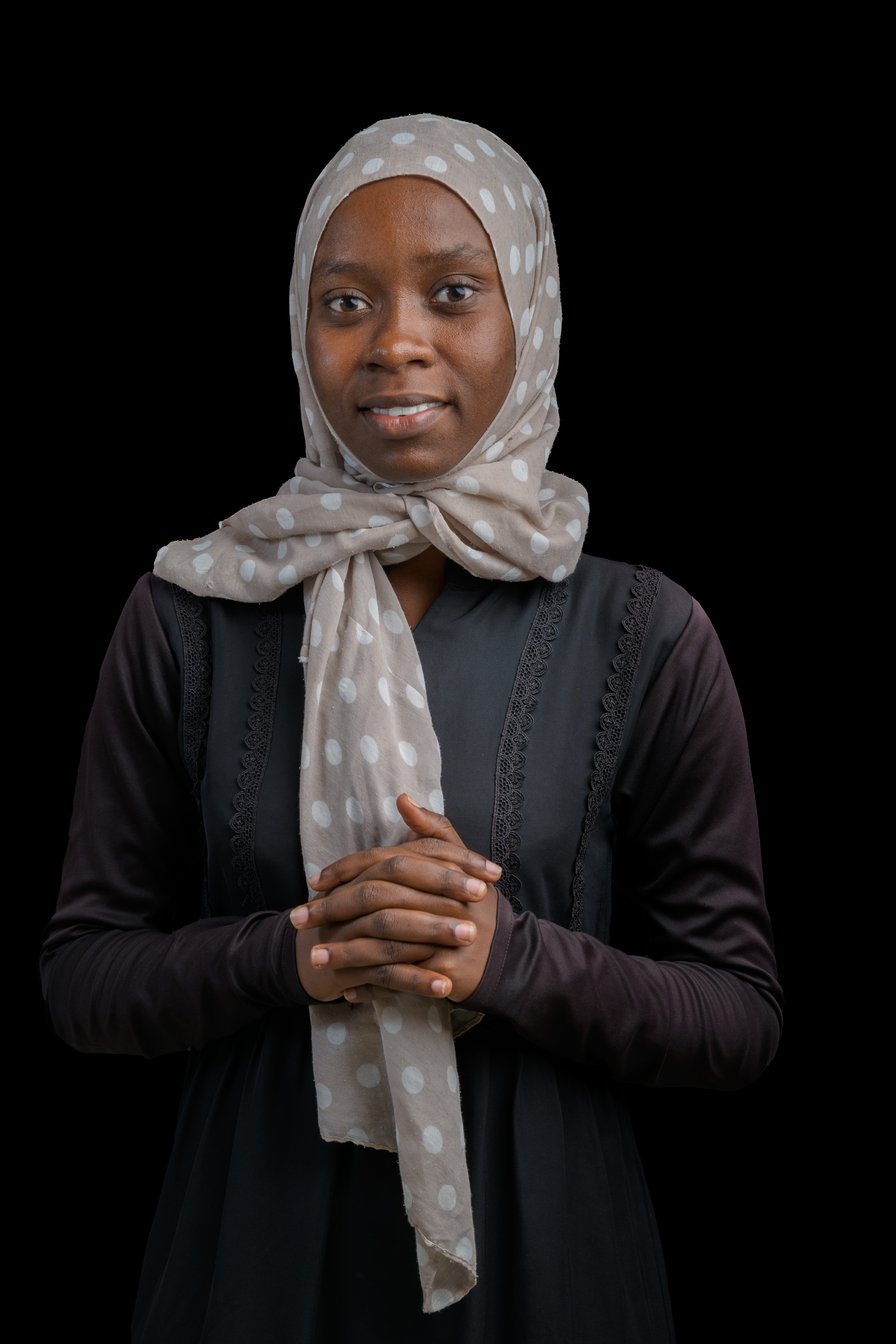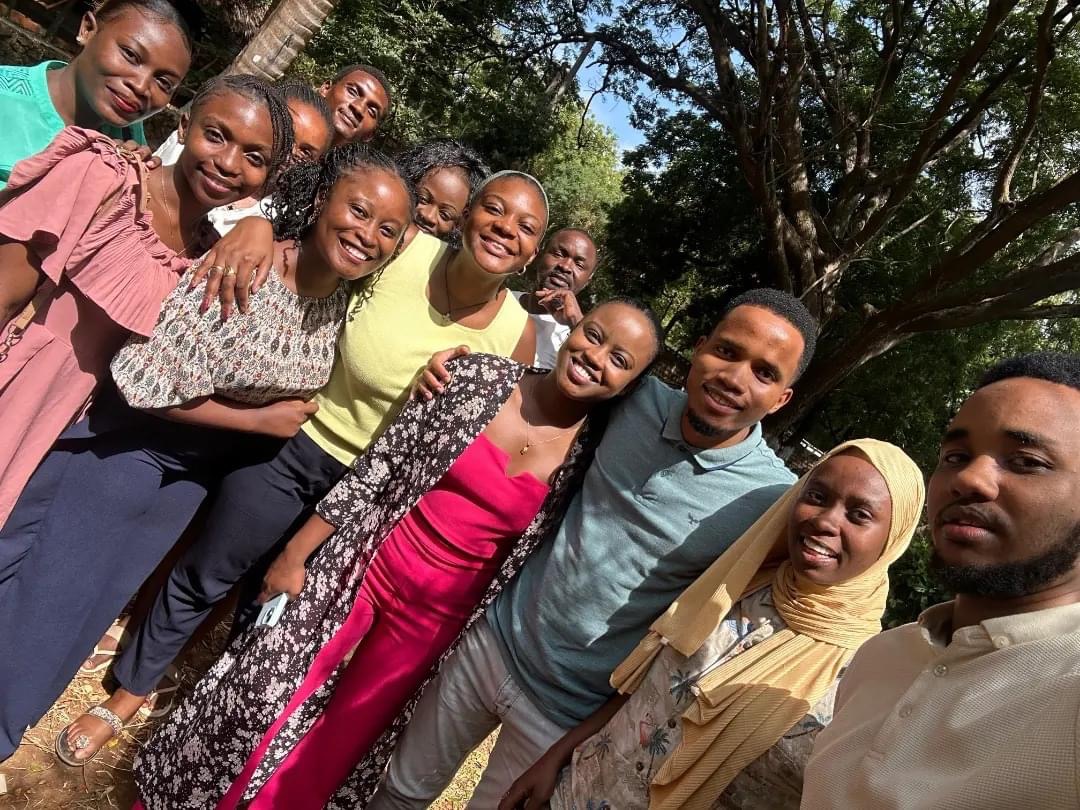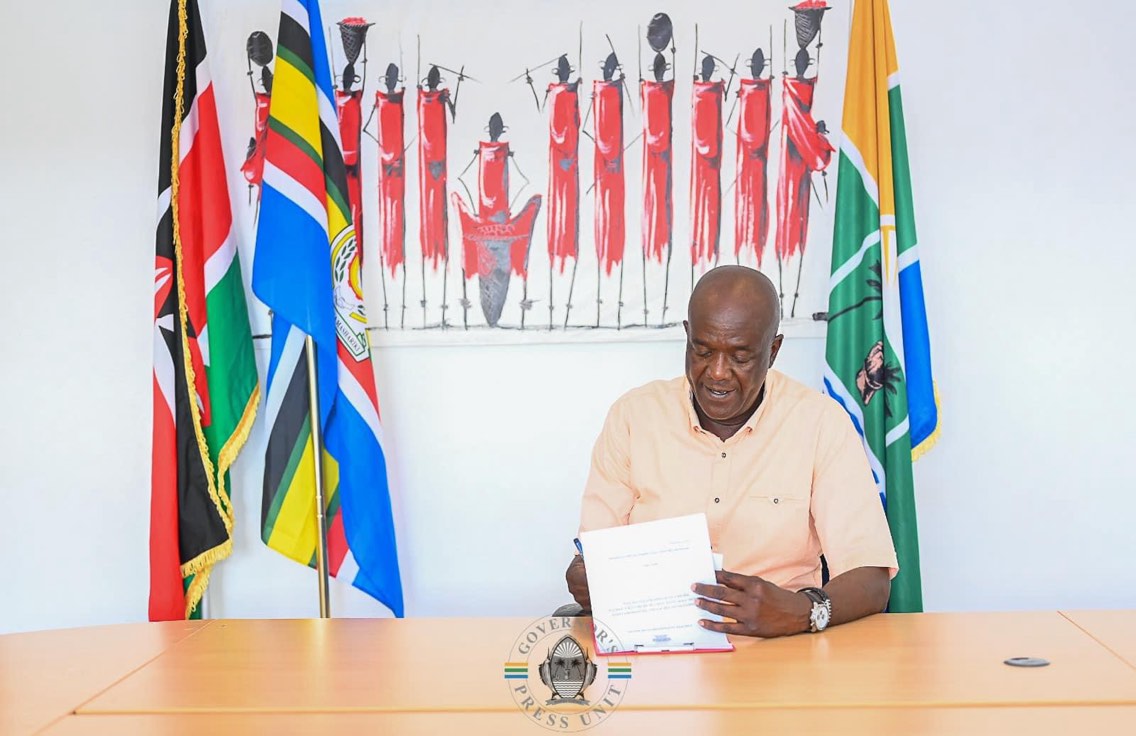
My Life In The Grip Of Muguka
My name is Zeinab, a young woman from Malindi, in the coast region of Kenya. I am deeply involved in sports and in community work, using the former as my form of mental therapy. Growing up as a girl here is tough. Right from birth, the path of our lives is beaten, leading us to places against our own will. This is why now, I tell the stories of our girls just so that you from all over the world can see what our life experience is like.
When I was 13 years old, I was almost married off to a rich man who was a family friend. He had been selected for me by my parents without my asking. This is my culture. It says that a girl should be married off after her first menses. It locks you in — all you can ever be is somebody’s wife, and all you shall spend your life doing is bearing and raising children (I would most likely have 5 by now).
It hurt me because these were not my dreams. How selfish can parents be? They did not consider that I was still a child. That I was in school, studying hard so that I could become a dentist. Even though I was in and out of class because of lack of school fees, I still had the vision to make a lot of money which I would use to educate my siblings, live a good life and build my parents a nice house. But these dreams did not matter to my family. All they saw was a source of money. It is not very unlike trafficking — give us money (bride price) we give you our girl.
This story reflects that of many girls from Malindi who become statistics in school dropouts, early marriages and teenage pregnancies. We don’t take education very seriously here because we have not seen many ordinary people like us, from our community, who have gone on to succeed because they sat in class. A few try, they even go to university, but they come back here to do menial work or sit at home because there are no jobs. There is no real reason for being in school.
My family is not rich. I live in an extended family set up, and none of the constituents makes decent money to support our needs. So whenever an opportunity to make some money comes in, we jump on it because our lives depend on it. If you thought that the proceeds from marrying me off would have been used to do something useful, you would be wrong. We Swahili’s love a good life. It would have been used for entertainment and enjoyment, especially, chewing muguka.
Muguka is a recreational drug, the one thing that brings people together here. Every afternoon through to the night, they sit together, each with a black paper bag, chewing gum and an energy drink, chewing time away. Muguka is the number one priority. The motivation. It comes before bills, health, school fees and even meals.
My community’s behavior is shaped by the availability or lack of Muguka. They have become so dependent on it that they become sick when it is not there. It is so bad that people go to demeaning lengths just to afford it. Girls are giving up their bodies for muguka and boys are desperately getting into sodomy in order to feed their addiction. I have seen families go hungry because all the available money was used on muguka.
One of my most painful memories is when my aunty was struck by illness and she could not go to the hospital because there was no money. For two months, she struggled with gastritis, a condition that had been made worse by muguka. Were it not for the grace of God, we would have watched her die at home. I was vexed because everybody else around her continued chewing muguka! It costs an average of 500 per person per day! Surely, cumulatively, we would have managed to raise enough to take her to hospital.
These observations drove me to try understand what exactly muguka is. I went around Malindi spoke to about 24 women and interviewed 15. They were vulnerable and courageous enough to take me through their own experiences in muguka’s grip, stories which I compiled into a short docufilm that you can watch here.
Yes muguka affeacts everyone, but I find that women are uniquely affected by because of the roles they play as caregivers, wives of husbands also affected by addiction and, in many cases, breadwinners.
I am very proud because this is the first ever, in depth story done about how muguka shapes the lives of women in my community. It looks enjoyable and harmless from the outside, but behind every leaf are tragic stories. It is increasing vices such as crime, gender-based violence, sexual violence, early marriages and teenage pregnancies. It is causing unnecessary suffering. The beautiful and peaceful coastal town that Malindi once was is no longer remarkable.
My desire is that this film is seen by as many people as possible. That it inspires people to see muguka for what it really is — a destroyer of lives.


